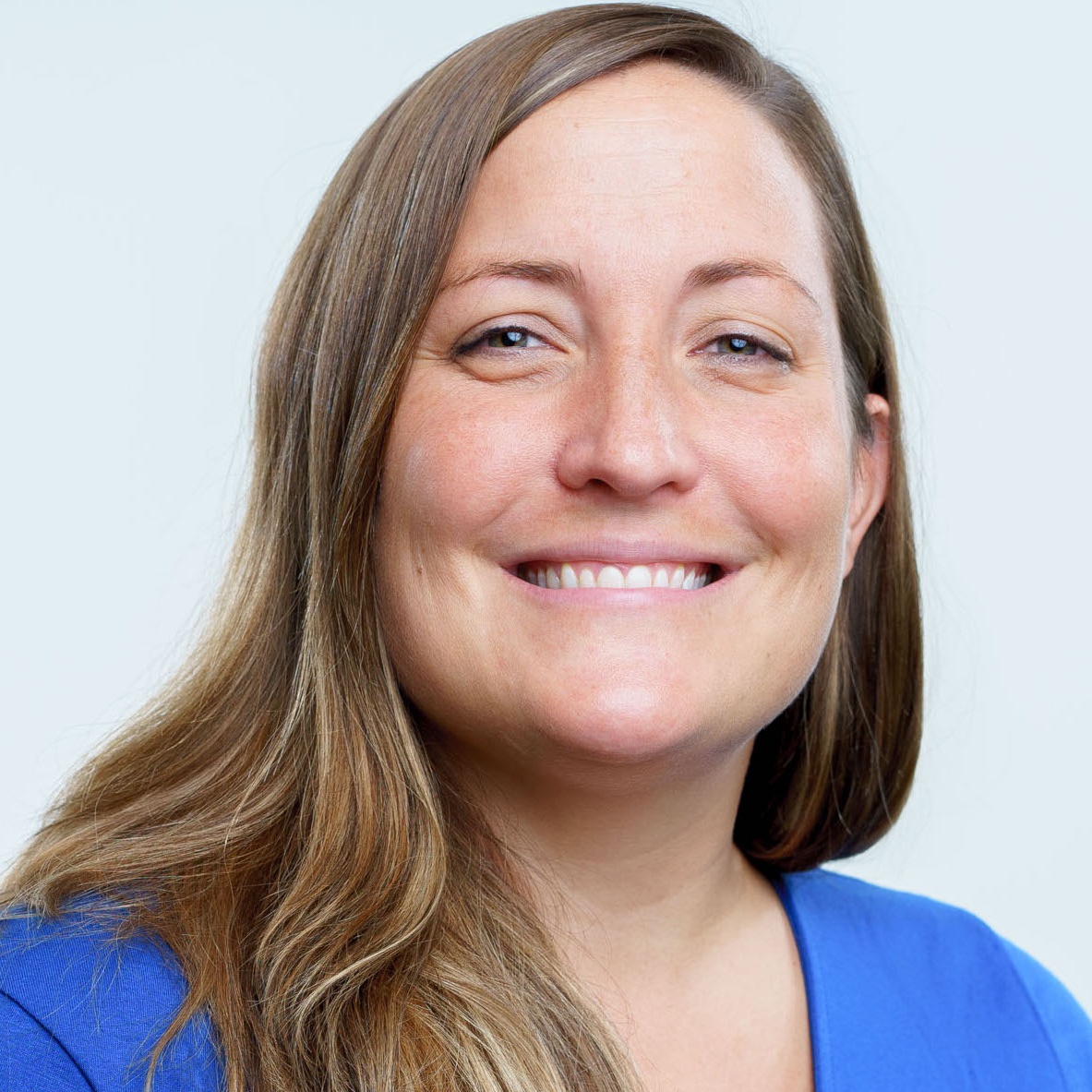Lindsay Shea is director of the Policy and Analytics Center at the A.J. Drexel Autism Institute at Drexel University in Philadelphia, Pennsylvania. She is also interim leader of the institute’s Life Course Outcomes Research Program. She focuses on research that is conducted in partnership with and that directly impacts communities and policymakers.

Lindsay Shea
Director, Policy and Analytics Center
A.J. Drexel Autism Institute
From this contributor
Pitfalls in using autism claims data: Q&A with Lindsay Shea
Insurance claims data are useful for autism research, but the field needs to standardize how they are mined, Shea says.

Pitfalls in using autism claims data: Q&A with Lindsay Shea
Explore more from The Transmitter
Two neurobiologists win 2026 Brain Prize for discovering mechanics of touch
Research by Patrik Ernfors and David Ginty has delineated the diverse cell types of the somatosensory system and revealed how they detect and discriminate among different types of tactile information.

Two neurobiologists win 2026 Brain Prize for discovering mechanics of touch
Research by Patrik Ernfors and David Ginty has delineated the diverse cell types of the somatosensory system and revealed how they detect and discriminate among different types of tactile information.
Shifting neural code powers speech comprehension
Dynamic coding helps explain how the brain processes multiple features of speech—from the smallest units of sounds to full sentences—simultaneously.

Shifting neural code powers speech comprehension
Dynamic coding helps explain how the brain processes multiple features of speech—from the smallest units of sounds to full sentences—simultaneously.
Astrocytes orchestrate oxytocin’s social effects in mice
The cells amplify oxytocin—and may be responsible for sex differences in social behavior, two preprints find.

Astrocytes orchestrate oxytocin’s social effects in mice
The cells amplify oxytocin—and may be responsible for sex differences in social behavior, two preprints find.